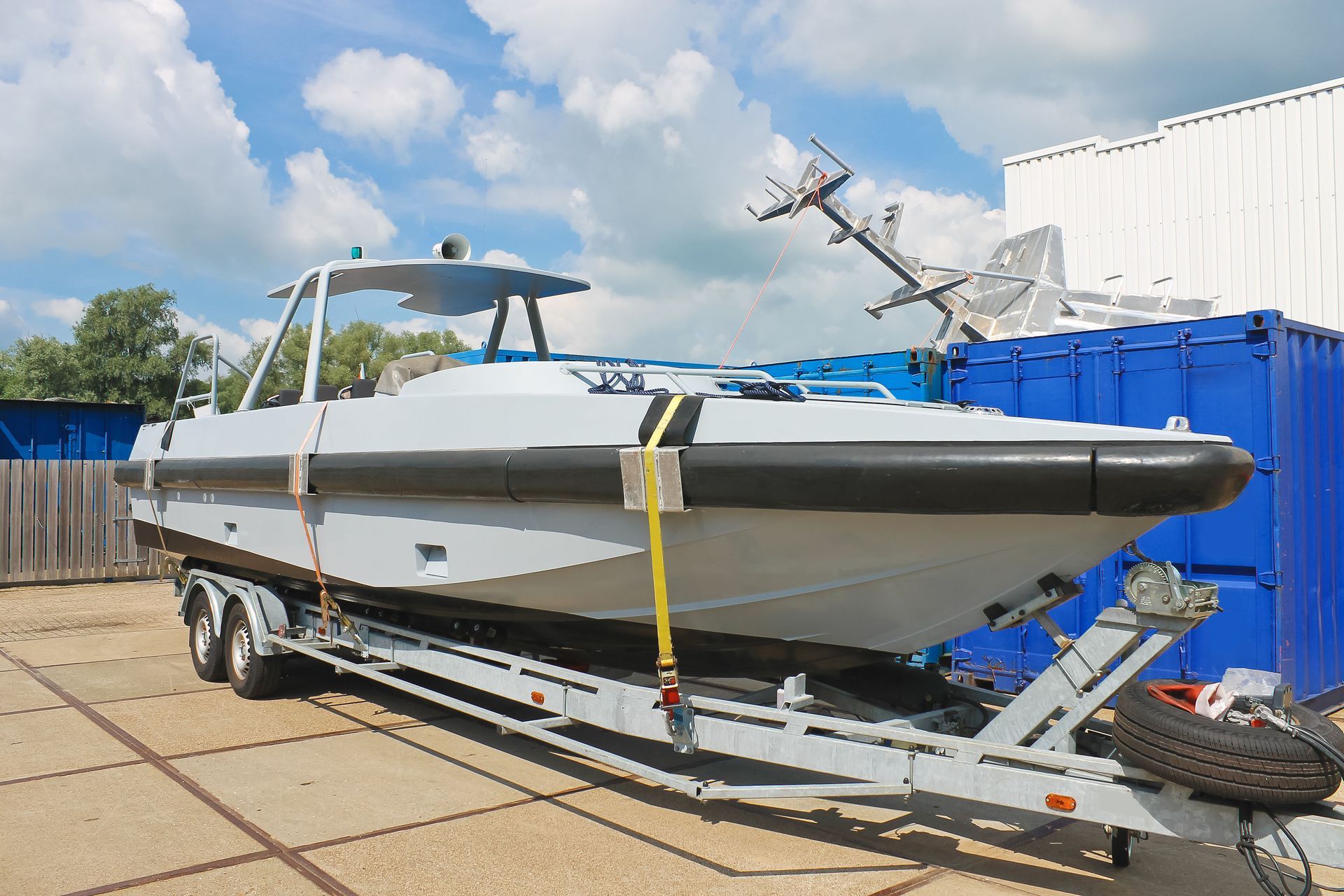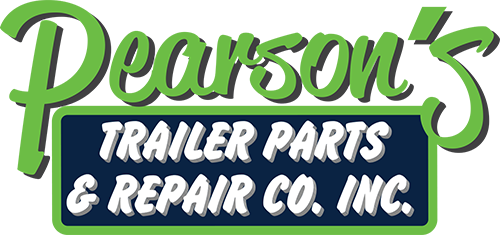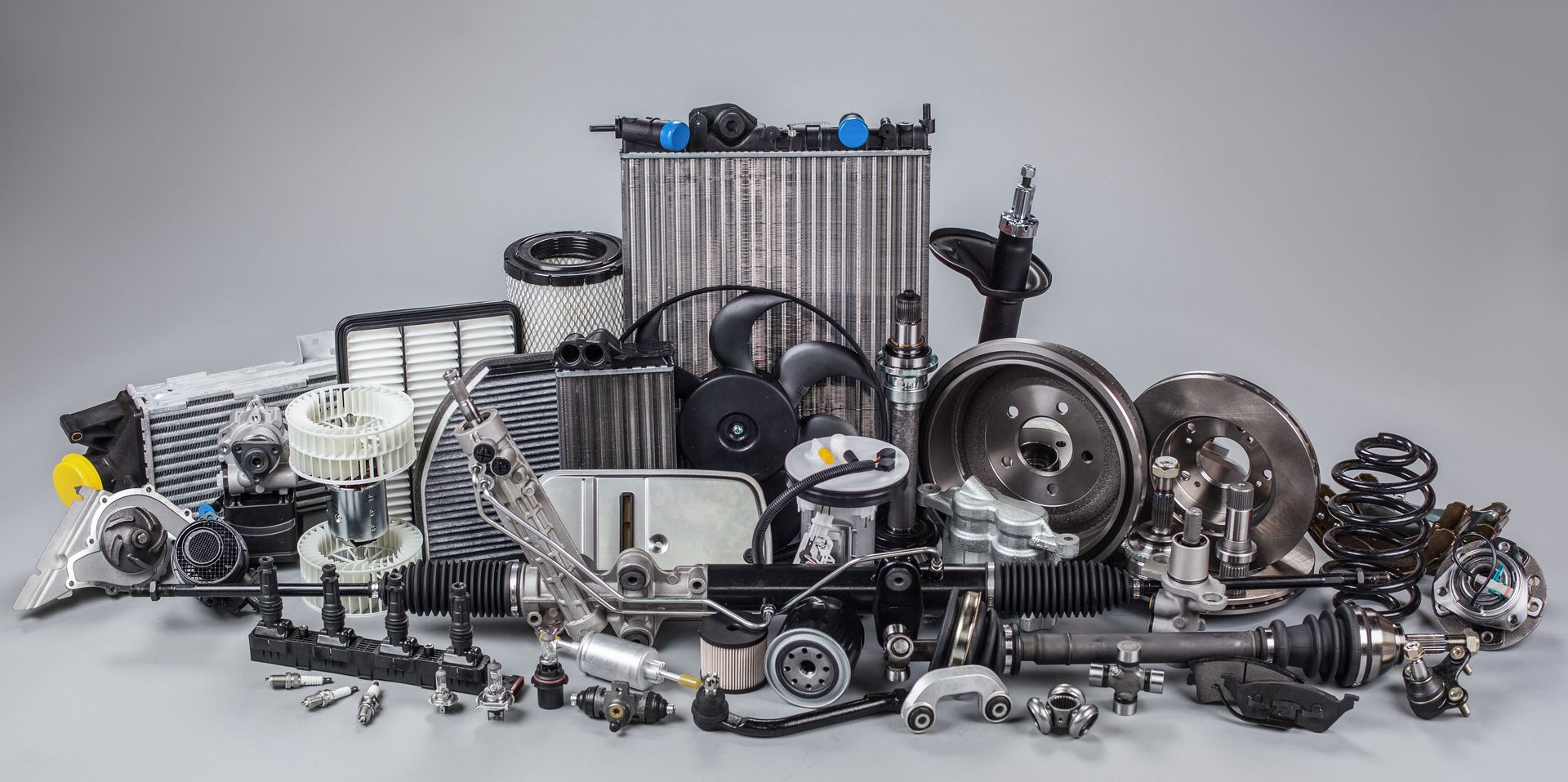October 17, 2025
Trailer bearings play a crucial role in ensuring smooth towing performance. When neglected, they can lead to significant issues such as increased friction, undesirable heat build-up, and eventual component failure. The degradation of trailer bearings not only impacts safety but also diminishes the efficiency and longevity of the towing vehicle and trailer. However, with regular trailer bearing service and proper maintenance, these adverse effects can be significantly mitigated, thereby enhancing towing performance, safety, and reliability.
Types of Trailer Bearings
Trailer bearings are vital components that facilitate the smooth rotation of wheels, minimizing friction between the wheel hub and axle. There are several types of trailer bearings used in different towing setups, such as ball bearings, roller bearings, and tapered roller bearings. Each type has its unique features and suitability based on the load-bearing requirements and environmental conditions. Ball bearings, for example, are commonly used for light to medium-duty towing because of their ability to accommodate radial loads. Meanwhile, tapered roller bearings are more suited for handling both radial and axial loads, making them ideal for heavy-duty applications.
It's also important to consider the speed and frequency of your towing expeditions when choosing trailer bearings. Tapered roller bearings are advantageous for high-speed and long-distance towing due to their effectiveness in handling various forces and temperatures. According to Fishtalk, oil-filled bearings require less frequent maintenance and can sustain between 40,000 to 50,000 miles between lubrication changes, compared to the 5,000 to 10,000 miles typical of grease-packed bearings. Evaluating these factors can significantly influence the effectiveness of your towing equipment and prolong its service life.
Functionality and Importance
At the core of every effective towing operation are the trailer bearings, which perform the critical function of facilitating smooth wheel rotation. By reducing friction, the bearings ensure that the wheels and axle turn efficiently, thereby preventing unnecessary resistance that can lead to overheating. This functionality is essential not only for achieving optimal towing speeds but also for minimizing wear and tear on the wheels and other associated components. Without well-maintained bearings, the towing setup is vulnerable to consistent drag, which may result in overheating and potential breakdowns. Therefore, regular trailer bearing maintenance is paramount to sustaining smooth, safe, and efficient towing operations.
Bearings are intricately designed to handle significant variations in load and speed, accommodating both radial and tangential forces exerted during travel. This capacity is crucial, especially for heavy-duty trailers that transport substantial loads like boats or heavy machinery. Properly functioning bearings are central to maintaining stability and control, allowing the towing vehicle to have the resilience needed to tackle various terrains and conditions. Neglecting bearing maintenance can lead to hazardous situations, such as seizures or failures, that compromise both the safety of the vehicle occupants and other road users.
Common Materials and Construction
Trailer bearings are typically constructed from high-strength metals such as steel, designed to withstand significant stress and resist deformation. The materials used in bearings must be able to handle the harsh environments they encounter, from road debris and dirt to varying temperature extremes. High-carbon steel is popular for its exceptional durability and strength, while other alloy compositions may offer enhanced resistance against corrosion and wear. The bearings must possess a precise construction to ensure they perform optimally under the dynamic loads experienced while towing. Properly constructed bearings ensure the longevity and reliability of the entire towing setup.
While steel is the predominant material used for trailer bearings, some specialized bearings incorporate ceramic elements to further enhance performance. Ceramic bearings are often lighter and harder than their metal counterparts, providing resistance to chemical reactions and diminished wear over time. However, ceramic bearings come at a higher cost and might be unnecessary for most conventional towing needs. Still, understanding the available material options can aid in selecting the most suitable bearings to complement specific towing requirements, helping owners to make informed decisions for durable performance.
Quality Bearings
When selecting trailer bearings, it is essential to identify those that promise quality and reliability. Quality bearings often have characteristics such as precision machining, corrosion resistance, and the ability to handle a wide temperature range. Looking for bearings from reputable brands or manufacturers known for rigorous testing and quality assurance can be a good starting point. It's also prudent to consider the warranties offered, as they can provide a measure of the manufacturer's confidence in their product. Additionally, checking certifications and compliance with industry standards can help ensure that the bearings have met requisite quality benchmarks.
The quality of trailer bearings can often be assessed through visual inspections, checking for evenness in construction and any signs of defects such as cracks or inconsistencies. Maintaining optimal weight distribution while towing can strain bearings less, thus lengthening their service life. Another aspect of identifying quality is understanding the compatibility of the bearing with the specific trailer hub. Many times, mismatches in size or type lead to performance issues and premature wear, underscoring the importance of precise fittings and selections that match the intended load and use conditions.
Signs of Wear and Tear
Recognizing signs of wear and tear early is crucial to preventing bearing failure and towing disruptions. Watch out for symptoms such as abnormal noises, including grinding or squealing coming from the wheels, which often indicate inadequate lubrication or impending breakage. Regular inspections should also check for any play or looseness in the bearings, which can be sensed by lifting the trailer and shaking the wheel to detect unnecessary movement. Physical inspections for rust, debris, or unequal bearing rotation are indicators of wear or potential failure. Attending to these signs promptly can mitigate more severe issues and prevent costly breakdowns.
It's also essential to monitor the temperatures of wheels after towing, as overheating can signal substantial bearing degradation. Excessive heat is often a result of friction from worn bearings or inadequate lubrication. Early detection of this issue allows for timely intervention to prevent catastrophic failures. Furthermore, visible leaks of grease from the hub assembly can signify compromised seals or deterioration, necessitating immediate analysis and possible replacement.
Safety During Towing
The safety of towing operations heavily relies on the condition of trailer bearings, making regular maintenance a non-negotiable practice. Well-maintained bearings guarantee the steadiness and control necessary to securely tow loads over various terrains. Conversely, the absence of regular maintenance can result in unexpected bearing failures while on the road, posing significant risks not only to the vehicle and load but to other road users as well. Consistent lubrication, inspections, and timely replacements are integral to avoiding scenarios that endanger continuity and safety during towing. Additionally, routine upkeep adheres to higher safety standards and builds confidence in the reliability of the vehicle's towing capabilities.
Regular maintenance encompasses effective tracking of service intervals and diligent adherence to manufacturer guidelines. Optimization of safety involves proactive identification and repair of any issues in their infancy, thereby preventing escalation into hazardous conditions. Verified tools and resources, such as service checklists and expert recommendations, can further ensure that all safety prerequisites are met during maintenance.
Trailer bearings are far more than simple mechanical components; they are critical to the efficiency, safety, and longevity of your towing setup. By prioritizing trailer bearing care, owners can protect their investments, improve towing reliability, and ensure safer journeys on the road. Consistent attention to these essential components ultimately translates into peace of mind, smoother towing experiences, and prolonged service life for both trailers and vehicles. For more information about
trailer bearing service, contact Pearson's Trailer Parts & Repair today.





